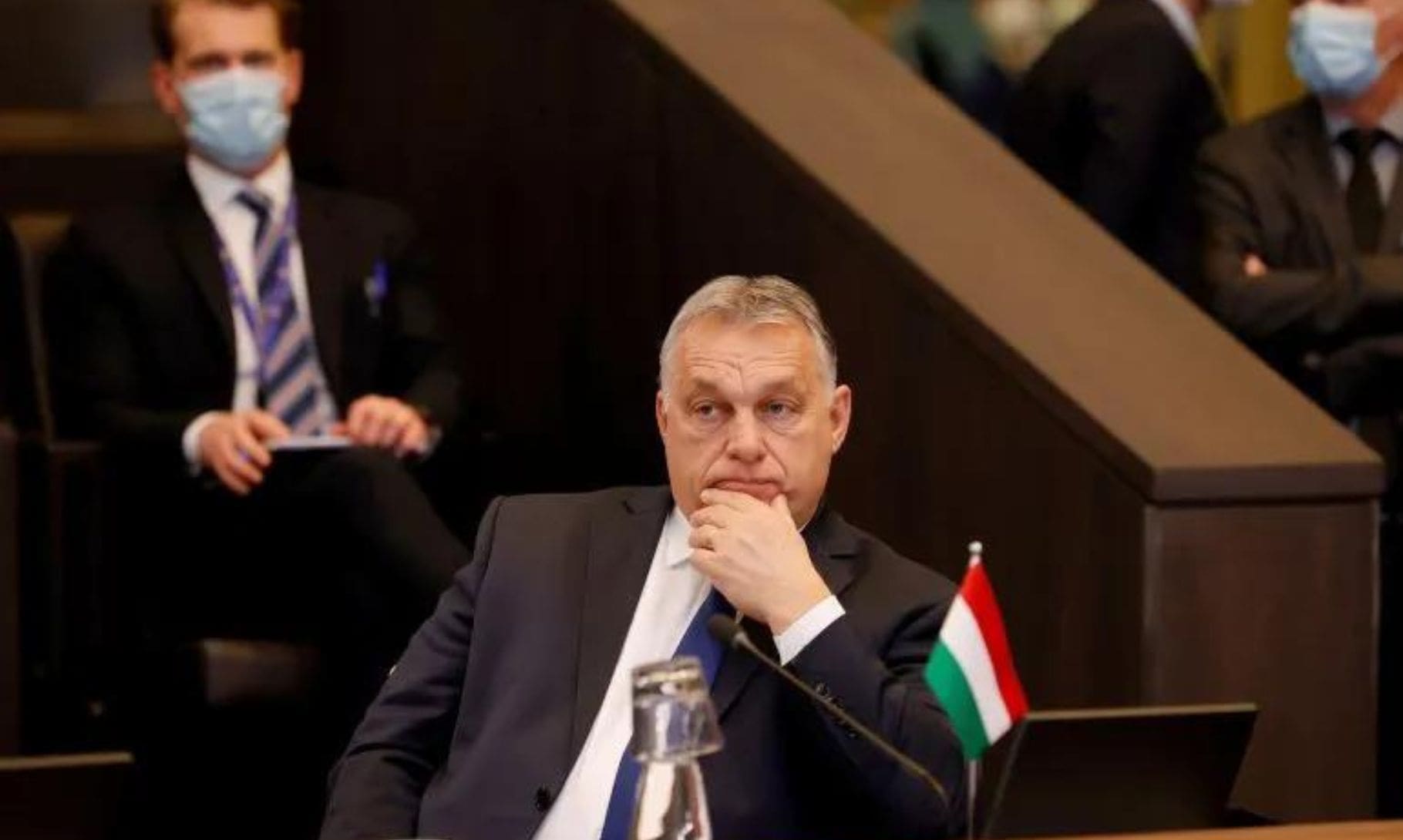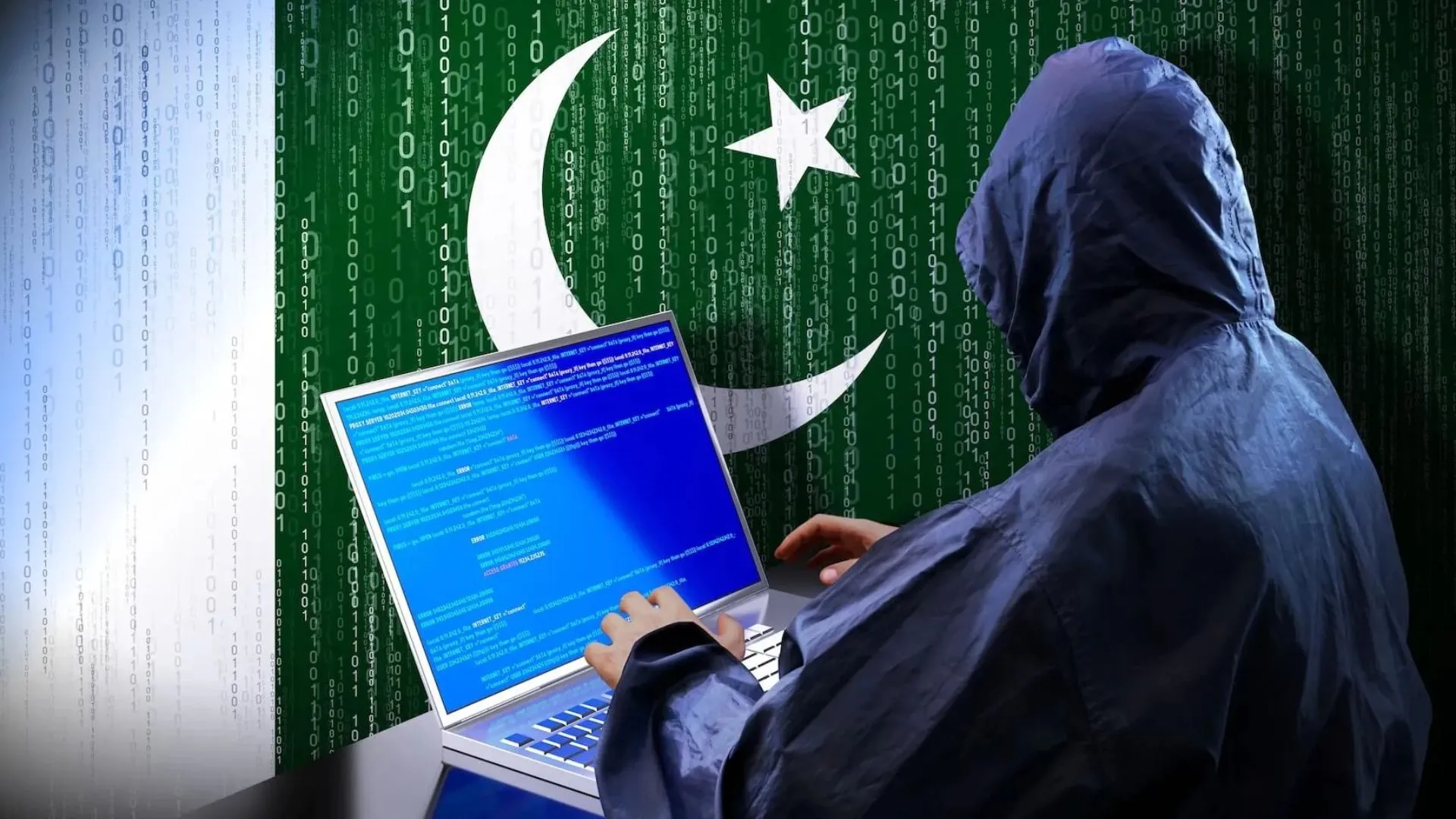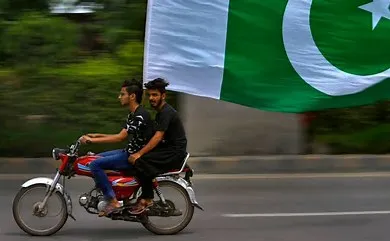Hungarian Prime Minister Viktor Orbán has stirred controversy at a NATO summit held between 9-11 July, by meeting with Vladimir Putin and Xi Jinping before heading to Washington. He ignored Joe Biden at the summit but plans to meet Donald Trump at Mar-a-Lago to discuss a Ukraine peace deal outside EU and US channels.
Orbán is pushing for direct talks between Ukraine and Russia, despite Ukrainian President Volodymyr Zelensky’s previous refusals. Reports suggest Ukraine may consider new peace talks involving Russian officials, potentially influenced by Orbán’s discussions with Putin and Zelensky. Orbán has used Hungary’s EU Council presidency to position himself as a negotiator for EU nations, though Brussels and European diplomats are skeptical.
His diplomatic moves have strained relations with Biden, who did not grant him a meeting. Observers suggest Orbán’s preference for Trump reflects strategic calculations amid Biden’s perceived weaknesses. However, logistical challenges may prevent a meeting with Trump.
Orbán’s recent visit to Moscow, only the second by a European leader since Russia’s Ukraine invasion, has raised alarms in NATO and the EU. His pro-Russian stance, criticizing Western isolation of Russia and advocating for direct dialogue, has strained ties with EU states and NATO allies. Hungary’s opposition to NATO’s pledge on Ukraine and blocking of EU aid to Ukraine have added to tensions within the EU.
Critics within the EU accuse Orbán of undermining EU unity and aligning with Russia’s interests. Discussions among EU members have included reprimands and concerns over Hungary’s presidency being exploited.
Despite calls to remove Hungary’s EU presidency, legal and diplomatic uncertainties complicate actions. EU officials are considering options like reducing Hungary’s role in ministerial meetings to show discontent.
Orbán’s political maneuvers and outreach to Trump highlight Hungary’s divisive role in the EU and its evolving stance on Russia. Tensions within NATO and the EU persist over Orbán’s actions, posing uncertainties for European unity and geopolitical stability.























